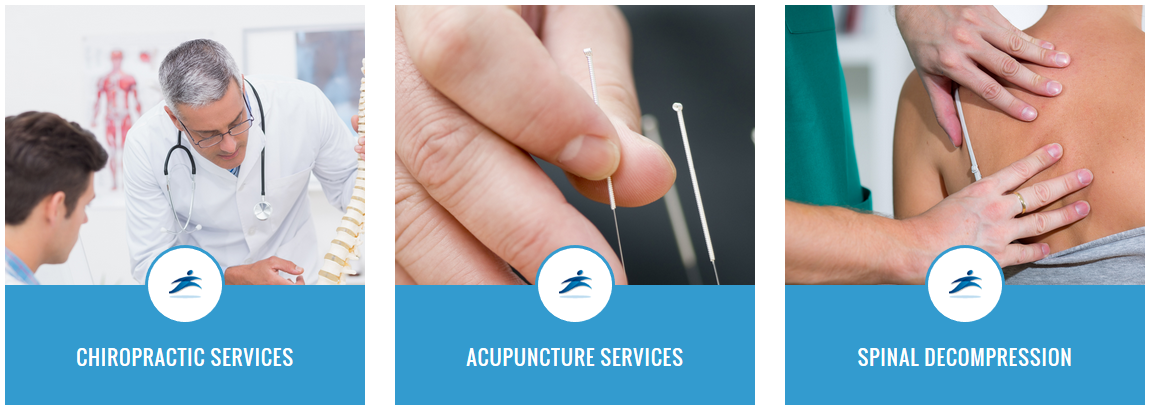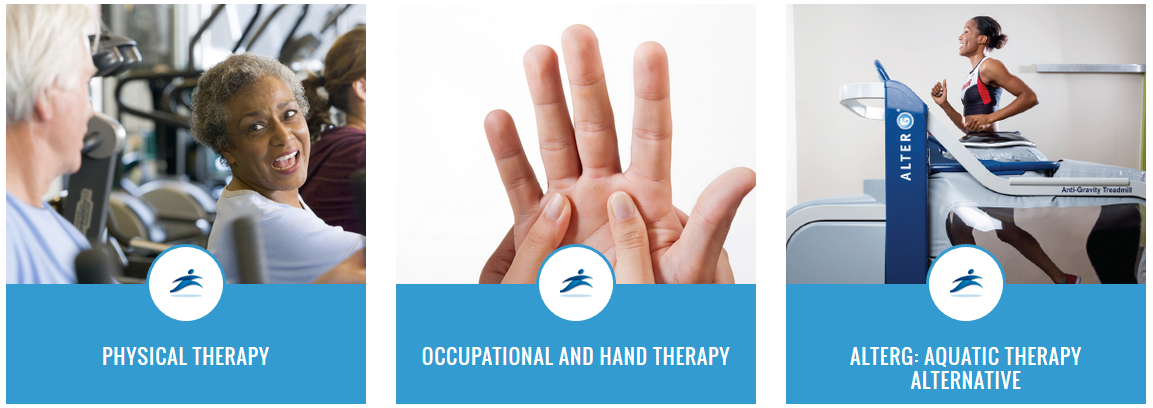Whiplash is actually not a medical term, but it is the common word used to describe a range of neck injuries that occur after a sudden acceleration/deceleration force that causes a back and forth movement of the head and/or neck. It is commonly associated with car accidents where the victim is rear ended, but whiplash can also happen in other situations such as, amusement park rides, skiing/snowboarding, and contact sports. It is interesting to note that prior to the invention of cars, whiplash occurred most frequently with train collisions and was known as railway spine. The immediate hyperflexion of the upper neck and hyperextension of the lower neck results in pain. For a moment, you spine is in an S-shape – this may lead to disc, tissue, nerve, or muscle damage. Much like with concussions, whiplash may not be apparent at first and symptoms may show up 24 hours after the incident.
Common symptoms are:
- Neck Pain/Stiffness
- Headaches
- Shoulder pain
- Dizziness
- Low back pain
- Fatigue
- Inability to sleep or fall asleep
- Arm/Hand/Leg pain/numbness
- Difficulty concentrating
- Memory disturbances
- Irritability
- Depression
- Anxiety
Usually the diagnosis will come shortly after the trauma, your doctor may request X-rays or MRIs to check for any cervical spine damage. An initial X-ray may not show anything and a follow up examination is usually required if you experience any of the symptoms above. Treatment usually aims to reduce the symptoms and deal with pain. Physical therapy is sometimes needed because it is generally recommended that light gentle movement be done to reduce stiffness and speed up recovery.
SportsMed Physical Therapy Tip:
You may have thought a medical collar is an appropriate way to stabilize your neck after a whiplash injury…HOWEVER a collar will restrict movement and prevents you from strengthening your neck muscles. This is the OPPOSITE of what you need to do.
Since the events the cause whiplash randomly occur, the best prevention is safety. Always wear seatbelts, make sure car airbags function properly, and an adjusted headrest may help prevent the backwards motion in the case of a collision. Make 100% sure you properly install car seats for children. When playing sports, follow safety instructions and wear proper equipment. Make sure to follow amusement or carnival ride safety guidelines.
But as we all know, sometimes no matter how prepared you are, an injury happens. Strengthening the muscles in your neck, your core, and your shoulders is critical. Stronger muscles will give you the natural stability to either prevent whiplash, or to reduce the painful effects of the injury.
Need an Appointment?
If you have any questions, or want a consultation with a professional, feel free to call, or schedule an appointment online at any of our Bergen County or Passaic County offices in New Jersey. Choose from Glen Rock, Franklin Lakes, Fair Lawn, Ho-ho-kus/Ridgewood, and/or Clifton – we make it possible for you to visit any of our offices at your convenience.
Please consult your physician if you are experiencing severe pain.
Have you, or someone you know recently experienced Whiplash? We’ll speed up your recovery process.



